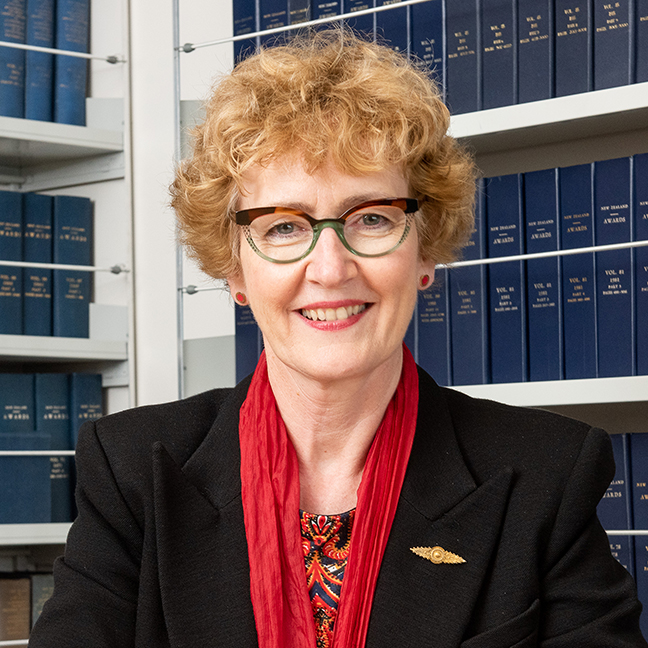Developing Human Capability
About the project
The Developing Human Capability: Employment Institutions, Organisations and Individuals Project was funded by the Foundation for Research, Science and Technology (2004-2008). This was a continuation and significant extension of the long-running Employment Institutions Project which has New Zealand’s largest database of employment contracts and unique data on aggregate trade union membership.
The aim of the Developing Human Capability research programme is to identify and foster conditions for the optimal development of human capability in New Zealand organisations. Underlying the research programme is the premise that much can be done in New Zealand to better develop and use the talent already available, and to make New Zealand a work destination of choice for skilled migrants. Previous New Zealand studies have observed a tendency to opt for “low-road” approaches which are negatively correlated with growth and innovative behaviour. Differential access to opportunities for human capability development, associated with ethnicity, gender, age, disability or employment in non-standard work threatens further social exclusion and reduces the potential of those people to realize skills and abilities at work.
Objectives
The study had an integrated multi-level and multi method research framework across its three objectives.
Objective 1
Employment institutions and human capability is based on the proposition that the structure and operation of labour market institutions have a significant impact on capability development at both individual and organizational levels.
Objective 2
Human capability in organizations investigates the role of workplaces in the development of human capital. It is based on the proposition that forms of managing human capability development will influence organizational performance and quality of working life.
Objective 3
Individual capability focuses on individuals’ understanding of, and reaction to, labour market and employer signals. It investigates the proposition that how individuals engage with paid work, and their experience of both institutional structures and organizational policies, shape the development of their capability.
The project took account of the degree to which the ability to develop human capital is structured by gender, age, ethnicity and disability; by access to information communication technology; with reference to organisational size and sector and the range of employment and contractual arrangements. Exploration of Maori experience threaded through the objectives.
Advisory board (2004 - 2008)
- Craig Armitage: Department of Labour
- Peter Brown : State Services Commission
- Peter Conway: NZ Council of Trade Unions
- Beverley Main: Human Resources Institute of New Zealand
- Neil Miller: Business New Zealand
- Lester Oakes: Careers Service
- Kirsten Patterson: New Zealand Rugby
- Anneliese Parkin: Office of Treaty Settlements
- Philippa Reed: EEO Trust
Contact
For further information please contact:
Dean, Wellington School of Business & Government
Wellington School of Business and Government

